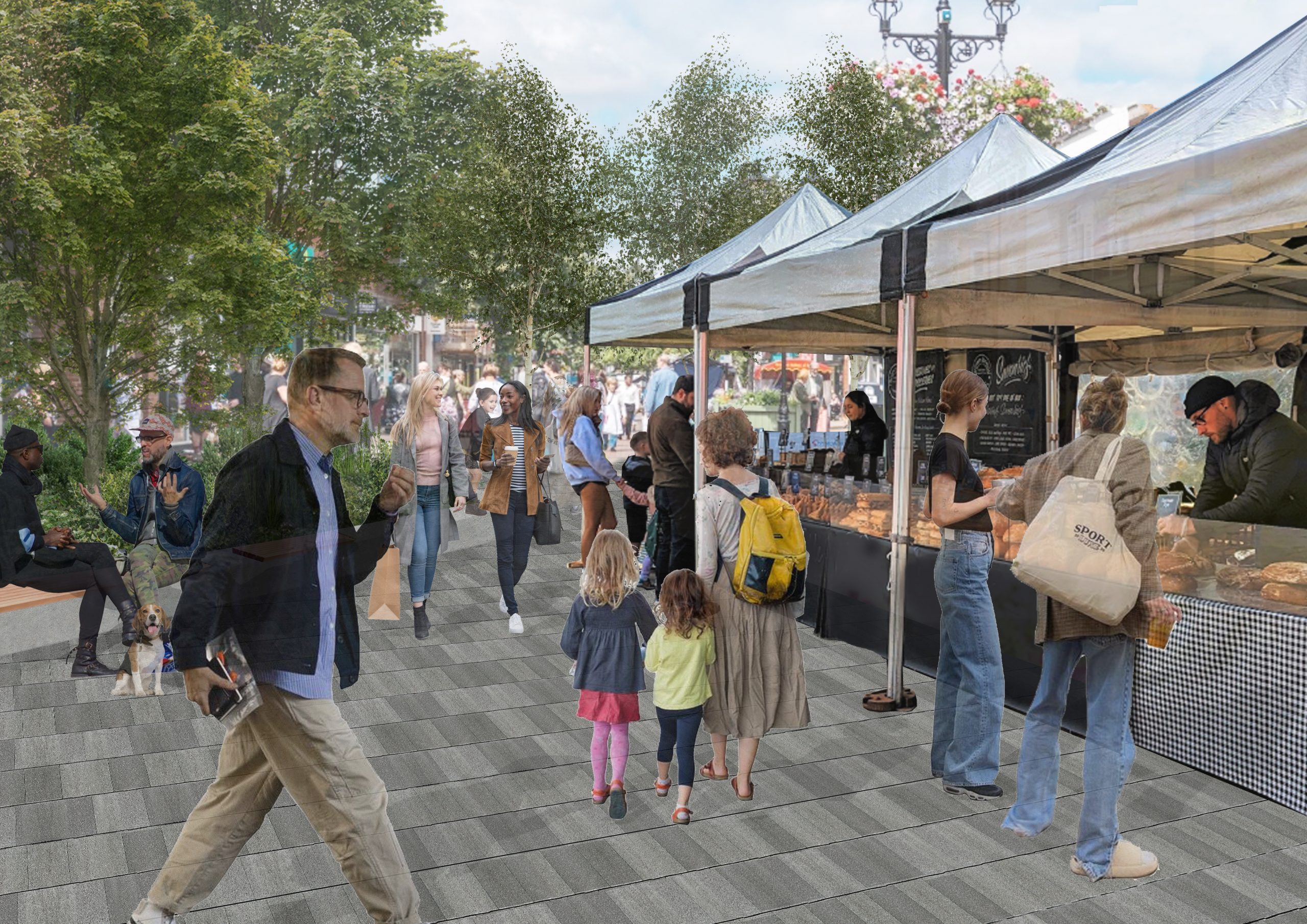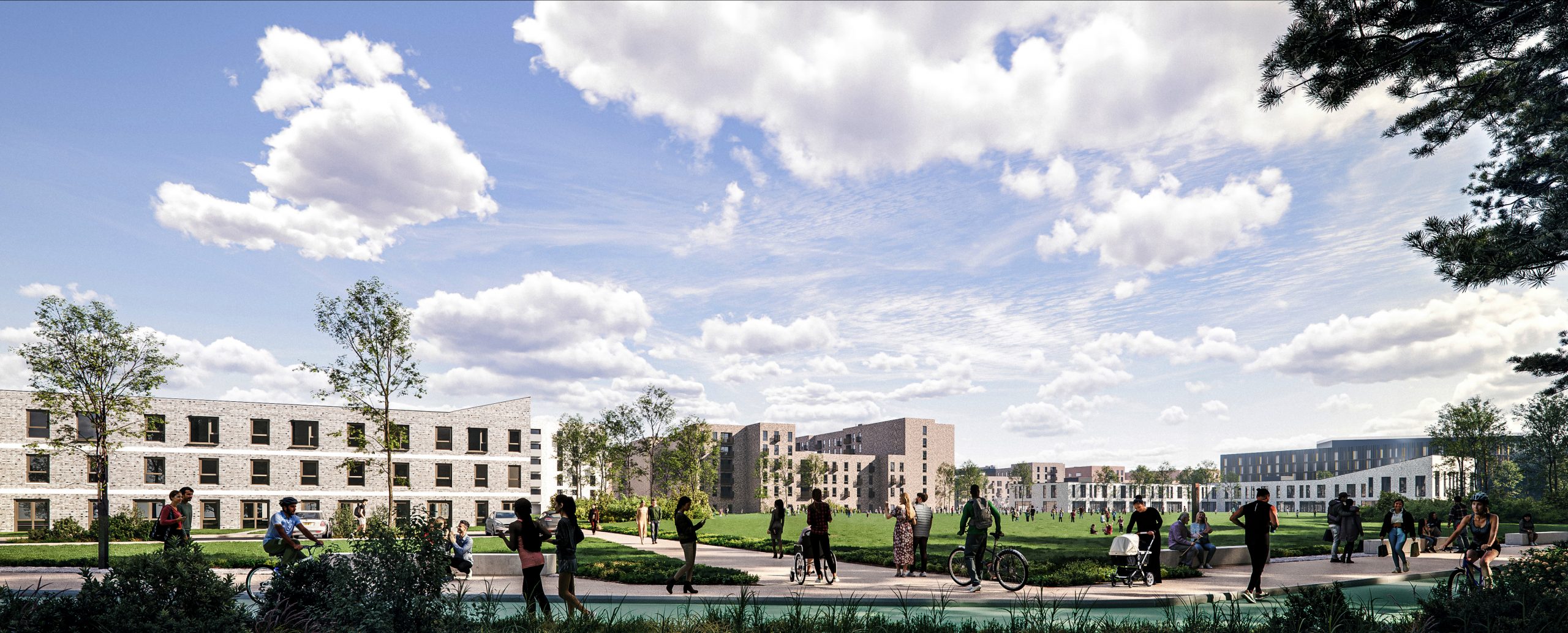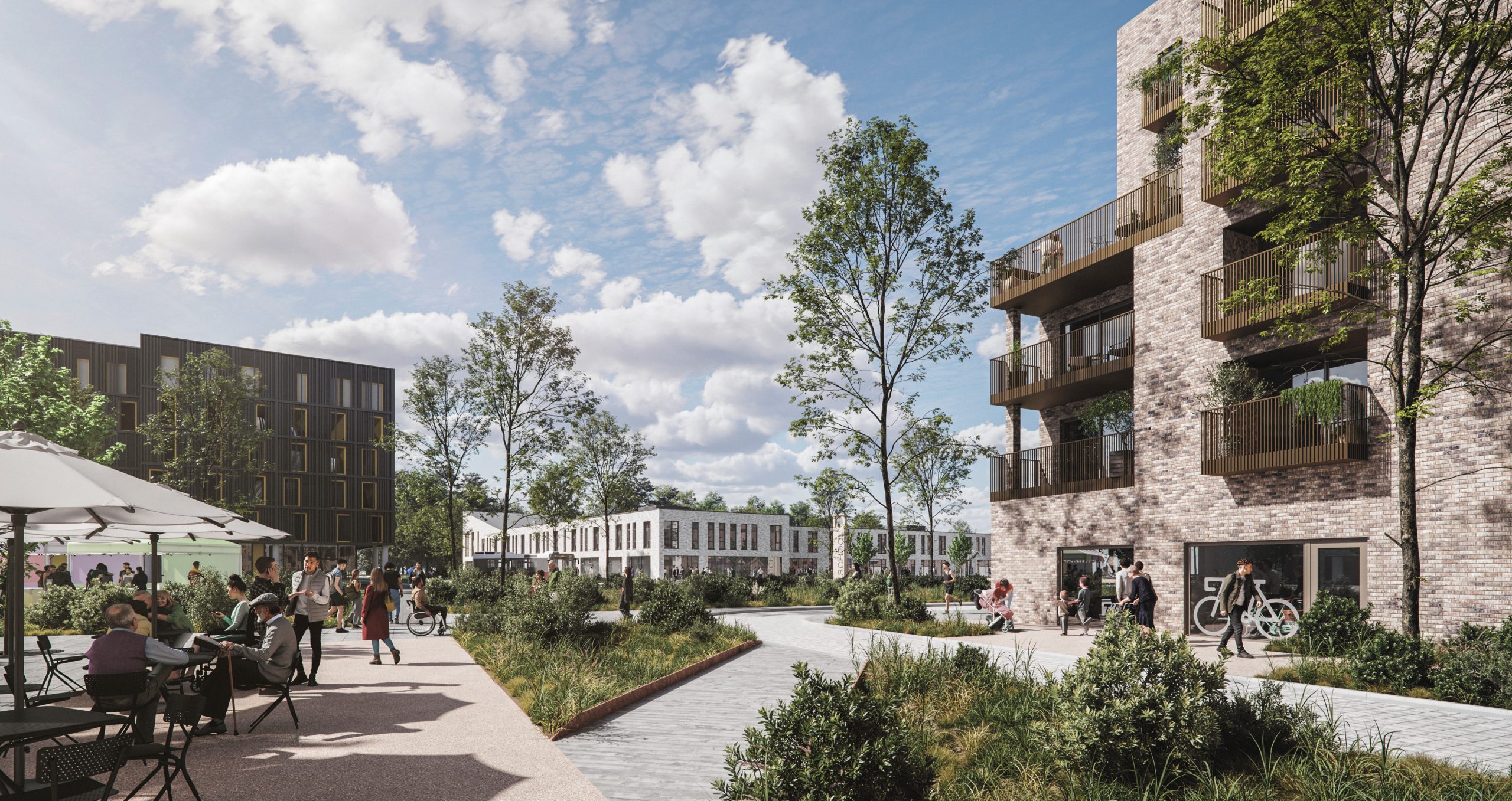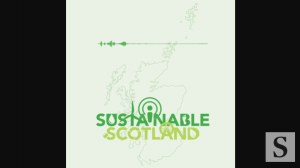
Recent policy levers and interventions have helped offset rises in unemployment in cities like Edinburgh. However, as we move slowly towards economic recovery, the labour market is now a far worse place for many young people, women, and people from ethnic minorities than it was 12 months ago.
Employees and job seekers face precarious employment or even unemployment, and many businesses experience financial uncertainty, rising costs and closure.
Post pandemic, we have also witnessed changes in socio-economic behaviours, for example the rise of home working, blended learning, and the exponential growth of online services. Therefore, we need to consider not only innovation and change in terms of physical infrastructure and assets, but we also need to look at creating new workplaces that reflect the changes we have seen in terms of the future needs of businesses and the expectations of workers.
Whilst the concept of social infrastructure is not a new one, it is gaining increasing awareness and importance as a key component in delivering inclusive and sustainable economic growth.
As early as 2011, the Scottish Cities Alliance (a collaboration of the leaders and chief executives of Scotland’s cities) recognised the need for “social cities” to address the challenges of inequality, diversity, and inclusion, aligning proposed city infrastructure investment with social returns or dividends in terms of the impact on jobs, education, training, wellbeing, and the environment. More than a decade on, we now need to turn that understanding into action.
In many boardrooms, it is known as ESG (environment, social and governance) impact investment, and it provides a strategic pathway to consider how we need to link the drive for national growth, productivity and capital investment with the needs and challenges of local communities and civic society.
We often hear the language of co-location, co-creation and co-production used by policy makers and politicians to describe how we can best work together to drive change and stimulate innovation. However, we also need to learn from areas where this is already happening, where we already have communities of interest working together, not only imagining how we can build back better, but also in moving forward with plans and actions to make it happen.
One example of such a vision is Elements in the west of Edinburgh, reimagining the use of a 74-acre brownfield site with the aim of creating a new international digital quarter for Scotland. It would involve the creation of a new urban park, with a focus on the wellbeing of residents and workers alike, in a business campus which supports and nurtures sustainable businesses. Elements has at its core the principles of social inclusion: these social values form the foundation on which we plan to build physical infrastructure, including much-needed housing, and create business opportunity and growth. Accessible to all, we plan to work with partners to help create a social infrastructure, embedding social inclusion principles in our plans from the outset, and working with public and private partners who share our values and vision.
We have big ambitions and a unique approach: we believe Elements can not only help change how we achieve inclusive, sustainable economic growth and improve productivity in Scotland but, most importantly, how we can set a new standard for the private sector in our contribution to the parallel development of social and physical infrastructure that helps address inequality and inclusion within our communities.
Dr Lesley Sawers is a non executive director of Crosswind Developments
This article first appeared in The Scotsman 6th March 2023
Too many commercial developments are built to maximise density for profit rather than designed with the aim of attracting people to live and work there, according to an expert in regeneration and economic development.
Speaking to The Scotsman for a Sustainable Scotland podcast on ‘impactful placemaking’, Steve Dunlop, board member at Crosswind Developments, said: “There are lots of examples where developments go wrong, where people are a secondary consideration.”
Crosswind Developments, backed by Global Infrastructure Partners, said it is focusing on impactful placemaking in its vision for Elements Edinburgh in the west of the Scottish capital. This regeneration project of a brownfield site would include Scotland’s first dedicated Digital Quarter. The 30 hectare site would have affordable housing, commercial development, retail and leisure – with a focus on the natural environment.
Contributing to the Sustainable Scotland podcast, John Watson, chief executive of Crosswind Developments, said: “For me, the test of whether you’ve created an impact in placemaking is not just about what we see today, but what we will experience tomorrow. Our objective for Crosswind is, and always has been, to build a place that future generations will be proud of.
“Scotland has a long history of creating places we are currently proud of, such as Edinburgh Castle, but many were built generations ago. We want to invest for the future.
“Our placemaking strategy for Elements Edinburgh is based on the positive foundations of creating a great place to live. A place that is good for wellbeing, provides access to green space and benefits the animals and the plants that live there. These are key things that matter.”
Therefore, according to Crosswind Developments, impactful placemaking is all about creating sustainable communities that individuals and organisations want to call home, which prioritise people, inspire businesses, and enrich the natural environment.
Watson added: “Our development would send a very clear message to the global investment community that Scotland is open for business, and that the country is willing to get behind bold, ambitious projects.”
John Watson is chief executive of Crosswind Developments
Steve Dunlop is a non-executive director of Crosswind Developments
This article first appeared in The Scotsman 23rd February 2023
How do we create places people love to live in the 21st century? And can Scotland be a world leader in creating vibrant communities by using private investment to unlock social, environmental and employment benefits for residents?
Dr Lesley Sawers OBE, Scotland and GB commissioner of the Equality and Human Rights Commission, says yes in the latest episode of the Sustainable Scotland podcast.
Dr Sawers is also a Board member of Crosswind, which is developing the £1 billion Elements Edinburgh project on a 30-hectare brownfield site beside the airport.
There are plans to build 2500 homes, with 42% of green space and 9.5km of walking and cycling routes, and Scotland’s first Digital Quarter. The project could create up to 6000 jobs.
Dr Sawers believes the development can tick all the boxes for residents in creating a place that people will want to live – and stay.
“We use terms like inclusive and sustainable communities but practically, that means affordable, warm, efficient housing built to international best standards,” she says. “It means access to good quality jobs for everyone and access to open space. A sense of being and belonging is really important, and we’re hardwiring that into the development of Elements Edinburgh.”
The podcast, Places People Love to Live, also features Sarah Smith, Director of Communities at Link Group, one of Scotland’s largest social housing providers.
She says: “We all broadly want the same things from where we live; a good-quality, well-maintained property we can afford to run, in a safe area with access to outdoor spaces, and the opportunity to get to know people.
“The words for me are safe, healthy, and hopefully happy – but also inclusive, which is the critical building block for a community to be sustainable. What we appreciate at Link, is that giving people a lovely, affordable house is not necessarily enough for people to live well. Many people need additional support.”
Dr Sawers believes private investment and social investment can go hand in hand.
“You have to align that return on investment and capital with returns on social capital. That’s what Link Group is doing, and we want to do that at scale with Crosswind,” she says.
“Scotland is ahead of the game in terms of recognising how we can leverage investment to address some of the inequities and unfairness that we have in society.
“I’m optimistic that an investor like Global Infrastructure Partners has recognised the opportunity in Edinburgh to potentially invest £1 billion and recognise that they can actually deliver social impact as well as a return on investment.
“That’s world-leading. We have the vision, so what we need is to ensure we get the policies and the planning frameworks that can enable these visions and opportunities to become a reality. We need to join the dots, get the framework right – and then Scotland would be motoring.”
John Watson is chief executive of Crosswind Developments
Dr Lesley Sawer is a non-executive director of Crosswind Developments
Sarah Smith is Director of Communities for Link Group
This article first appeared in The Scotsman 23rd February 2023
● Crosswind Developments’ appeal for its Elements Edinburgh planning application has been passed by the planning reporter to Scottish Government Ministers for a final decision
● The development, which includes a Digital Quarter, would bring much-needed global investment to Scotland, generate 6,600 jobs and boost Scotland’s GVA by £460m per year
● Proposal is for 2,500 homes and more than 1M sq. ft of commercial space
● Elements Edinburgh’s Digital Quarter would support start-ups, growing digital businesses, and global tech firms
An application to build a new Digital Quarter on a major brownfield site in West Edinburgh which could help boost Scotland’s technology sector, generate more than 6000 jobs and build 2500 much-needed homes is now with Scottish Government ministers for a decision.
The application, by Crosswind Developments, for the site on the decommissioned crosswind runway near Edinburgh Airport, one of only two major brownfield sites identified as suitable for large-scale development by the City of Edinburgh Council, should have been considered by city planners by December 2020 the latest.
As they were unable to make a decision within the required timescale, an appeal was then lodged by Crosswind in April 2021.
The Scottish Government initially indicated that the outcome of the appeal would be decided as part of a wider look at the development strategy for West Edinburgh but there has been no progress on this.
John Watson, CEO of Crosswind Developments is optimistic about a positive decision and confident ministers will want to capitalise on the inward investment available for Scotland.
“We believe our focus on digital industries, inclusive living and our commitment to net-zero carbon operationally mean our development is of national significance for Scotland.
“We’re looking forward to positive engagement with ministers on our proposal and we’re 0ptimistic they’ll be as keen as we are to unlock West Edinburgh’s jobs and housing potential to global investment. We hope they’ll also be eager to avoid a repeat of the Murray Estates Garden District decision timetable which was with ministers for around five years before being approved.”
The plan for the Garden District, which is near to the Elements site, was approved earlier this year but only after a lengthy delay.
Watson continued: “We remain committed to West Edinburgh and are ready to proceed as soon as we receive a positive planning decision. Unnecessary delay is no one’s interest, especially at a time when global private sector investment is becoming more competitive to secure and much more critical to Scotland’s economic development”
Elements Edinburgh will deliver a 20-minute, low-traffic neighbourhood with 2,493 much-needed homes, 35% of which will be affordable. All residential units will be flats or apartments in blocks of 4-6 storeys within 500m of generous open green space. The scale and density will be urban, rather than suburban, with pedestrian priority and high-quality public realm.
With a Digital Quarter aimed at building a home for global and local technology companies at its heart, Crosswind has been determined to make Elements Edinburgh a sustainable and inclusive development which could play its part in Edinburgh’s “green recovery” from Covid.

Dr Lesley Sawers OBE: Social infrastructure is vital for sustainable economic growth
6th March 2023
Recent policy levers and interventions have helped offset rises in unemployment in cities like Edinburgh. However, as we move slowly towards economic recovery, the labour market is now a far…

Impactful placemaking – what it is and why Scotland needs it
24th February 2023
Too many commercial developments are built to maximise density for profit rather than designed with the aim of attracting people to live and work there, according to an expert in…

Creating places people love to live in 21st century Scotland – does private investment hold the key?
23rd February 2023
How do we create places people love to live in the 21st century? And can Scotland be a world leader in creating vibrant communities by using private investment to unlock…

Plans for a new digital quarter move closer as appeal moves to final stage
4th July 2022
● Crosswind Developments’ appeal for its Elements Edinburgh planning application has been passed by the planning reporter to Scottish Government Ministers for a final decision ● The development, which includes…



